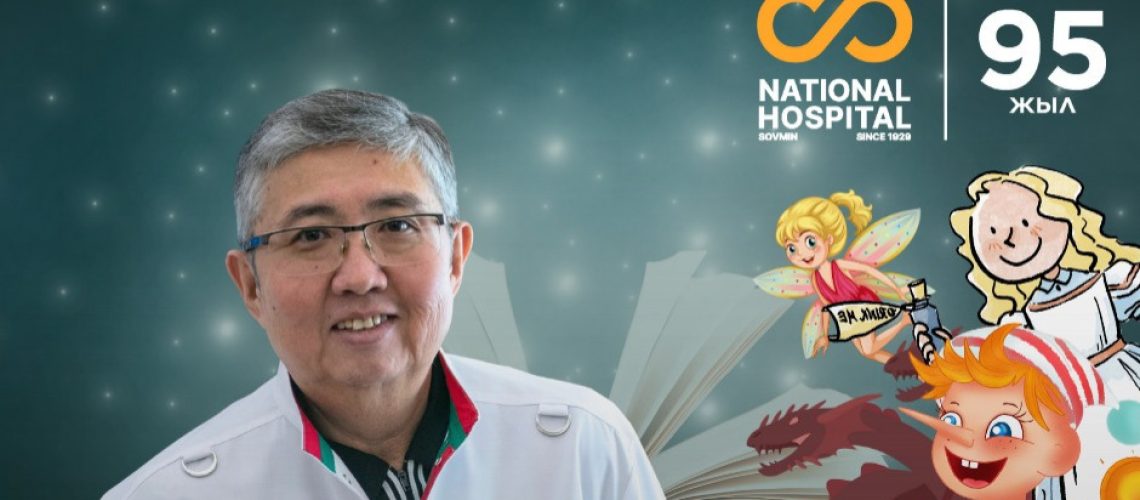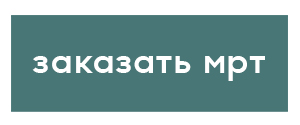Reading fairy tales in childhood, we did not notice that the heroes also suffered from diseases and it is possible that they did evil partly due to their ailments. Having already matured, the children who became doctors, many of them were accurately diagnosed. Baba Yaga most likely has a halgus valgus – foot deformity and coxarthrosis – a severe form of hip joint disease, and the hump is a consequence of osteochondrosis. Gout was often found in the heroes of English novels – rich, lonely Britons who abused wine and meat. Serpent Gorynych suffered from heartburn, Carlson had diabetes, Emeli and Tsarevna Nesmeyana had obvious signs of depression, Koshchei the Immortal had anorexia, Ilya Muromets had polio, Dracula porphyria had high sensitivity to sunlight. Tin – iron claws suffered from polyarthritis and vitamin deficiency. Aldar Kose, like Munchausen, had fantasist syndrome. In medicine, there are even diseases named after literary heroes, this is Rapunzel syndrome – eating your hair, Othello syndrome – uncontrollable jealousy, Alice in Wonderland syndrome, when everything seems so big then small, Plyushkin syndrome – irrepressible greed, when people turn their homes into landfill because of this. Pinocchio syndrome is a narcissistic disorder in which a person cannot find himself real, Kolobok syndrome, when he cannot communicate, is afraid of communication and affections, from which he constantly changes partners, work, places of residence and classic Cinderella syndrome occurs in girls who it seems that persistent, hellish work can someday be rewarded with something magical.
– Literature undoubtedly affects medicine, with the help of images, doctors explained their diseases to patients, – said Daniyar Amangaliev, deputy chief physician of the National Hospital, – You can say that this person is overweight, like Gargantua’s, and everything becomes clear. All these things happened before the dawn of science, when most people were illiterate. Over time, individual comparisons moved to the names of syndromes and diagnoses. The world has now counted 13 thousand diseases and they all need names.
When asked “do modern doctors manage to find time to read fiction?” the doctor wondered:
– Now I listen to audiobooks on the way to work now, for example, I got carried away with Remarque. We have a very large flow of information and medicine is developing dynamically, in order to keep up with it, we must constantly read scientific literature, medical histories, messages from patients and colleagues. But, of course, books are perceived less deeply by ear than when you read them, so you should still strive to read. As for rare diseases with fabulous names, they are treated, the main thing is to consult a doctor on time.




